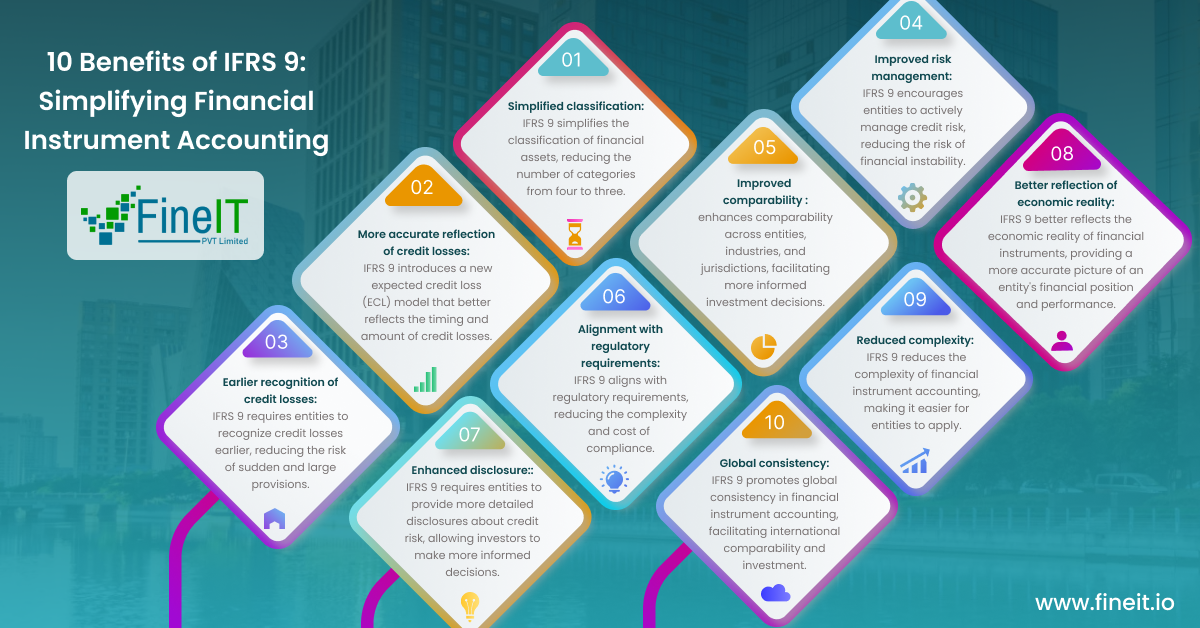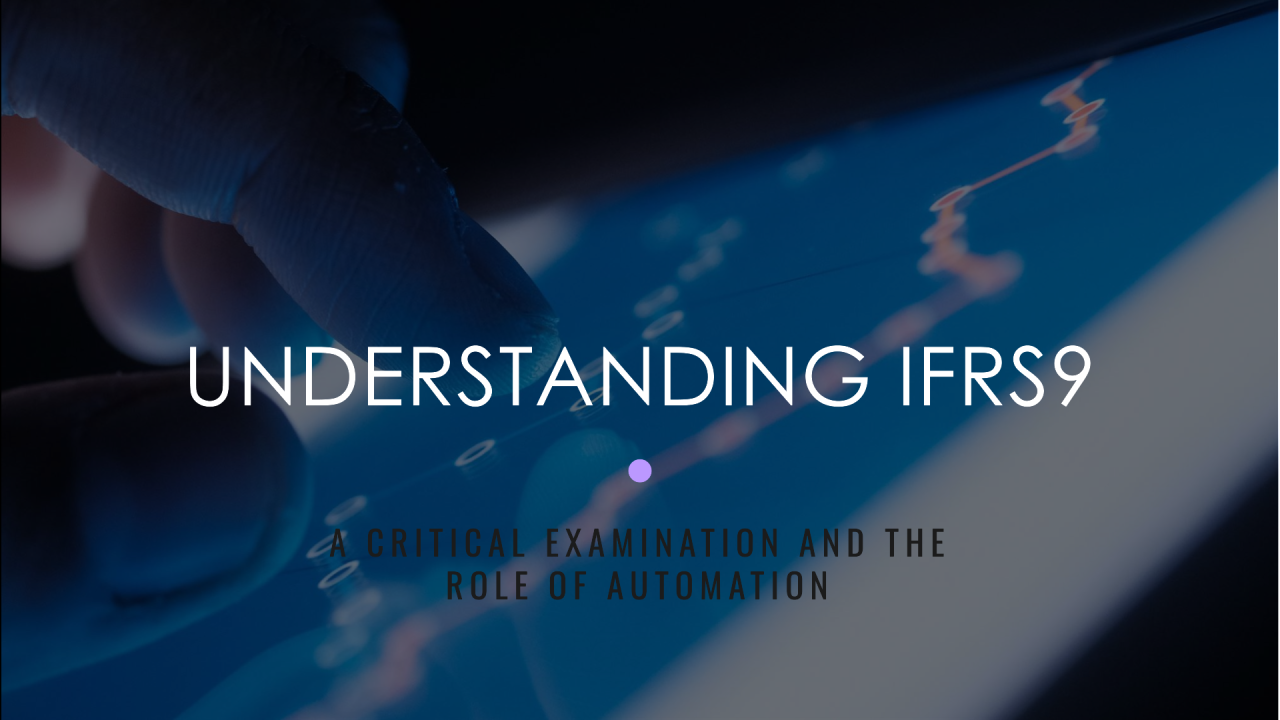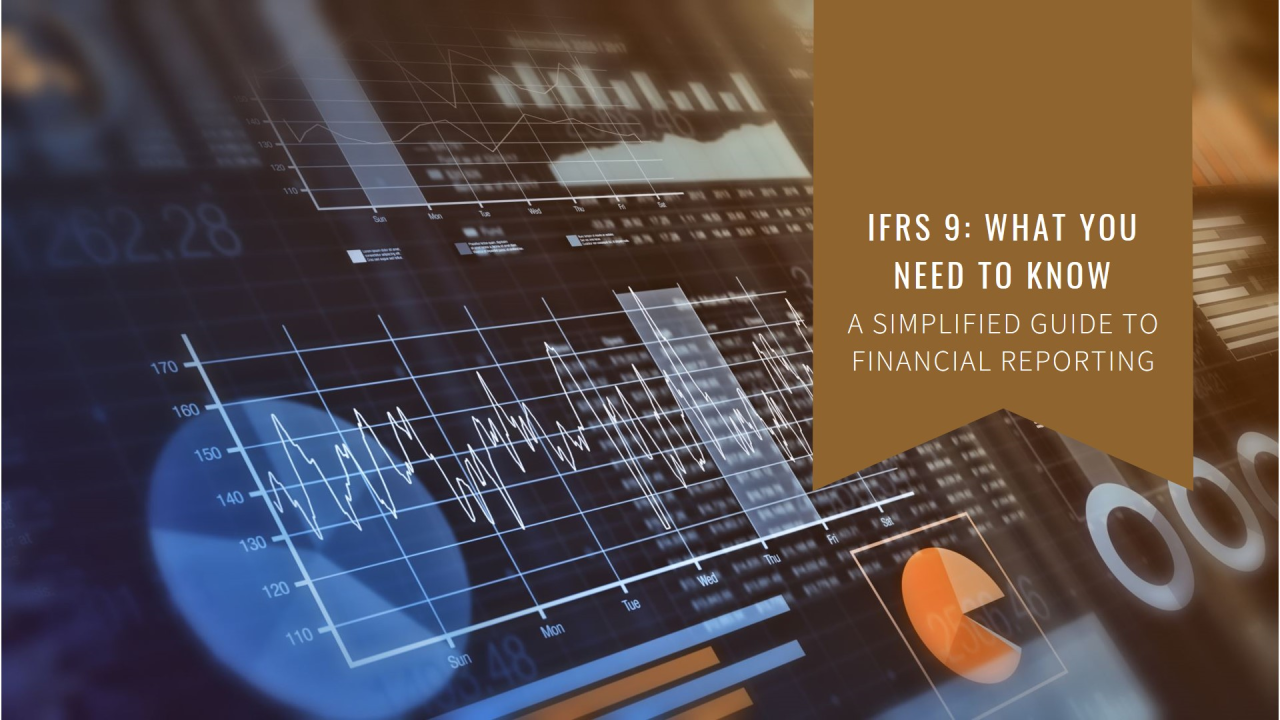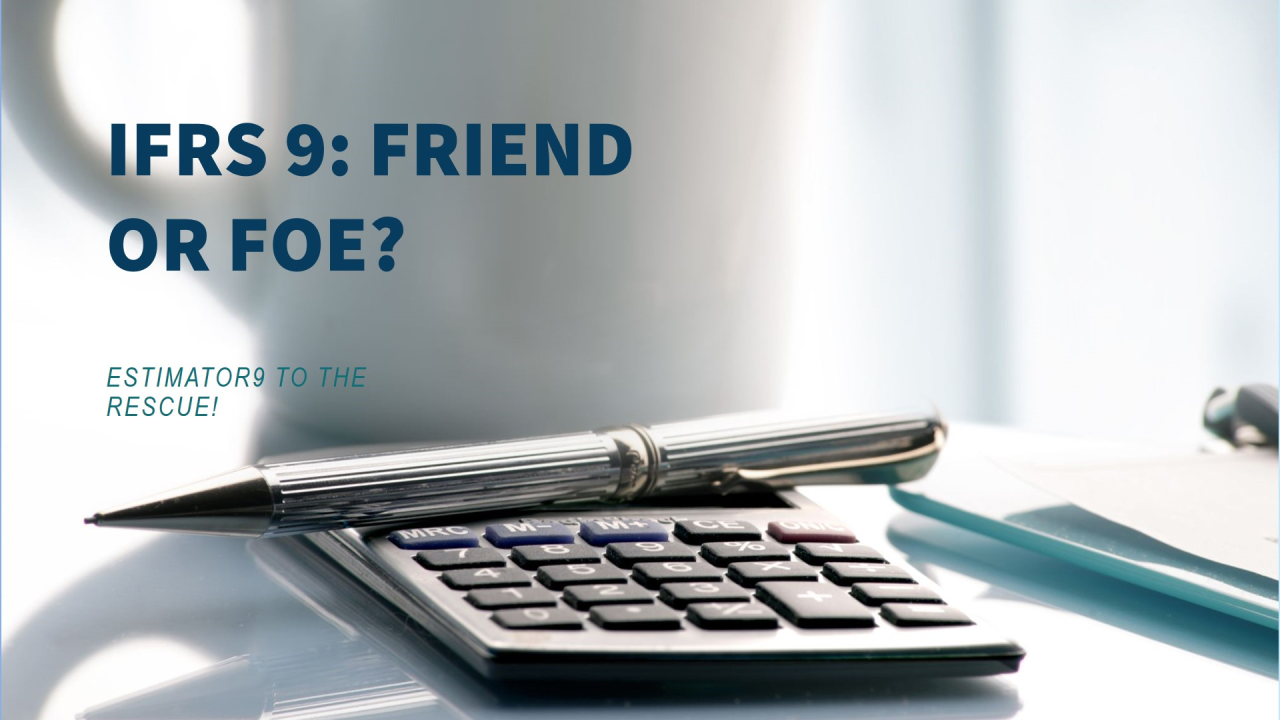Significant Increase in Credit Risk (SICR): Navigating the Transition from Stage 1 to Stage 2 under IFRS 9
In the ever-evolving world of financial reporting, ensuring accurate and timely recognition of asset quality is paramount. IFRS 9, the international standard for financial instruments, plays a crucial role in this regard. This article delves deep into the concept of Significant Increase in Credit Risk (SICR) and its implications for the transition from Stage 1 […]









